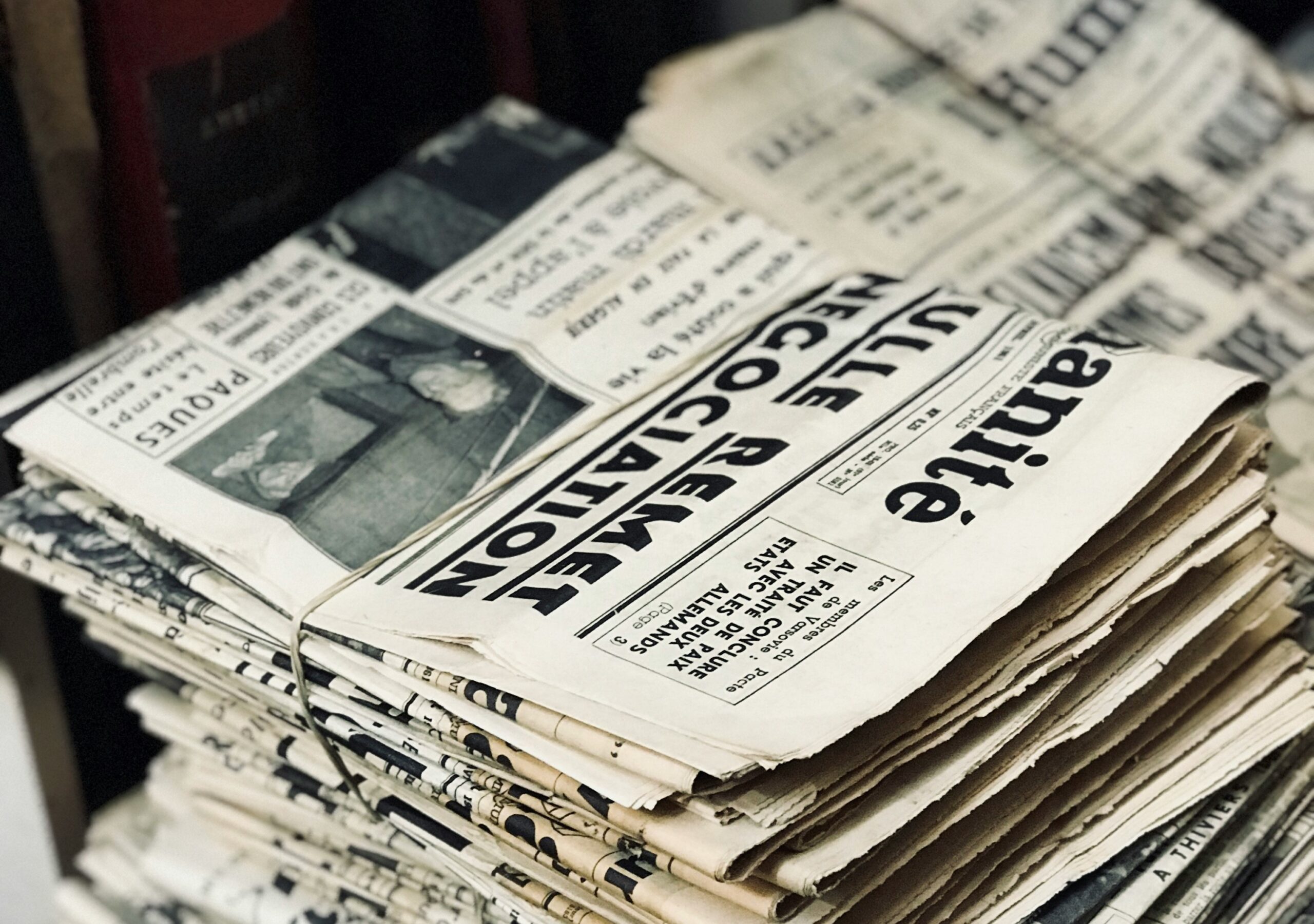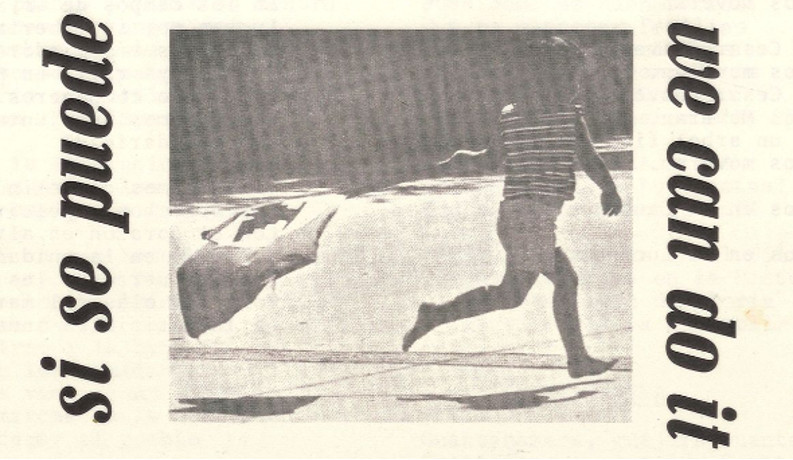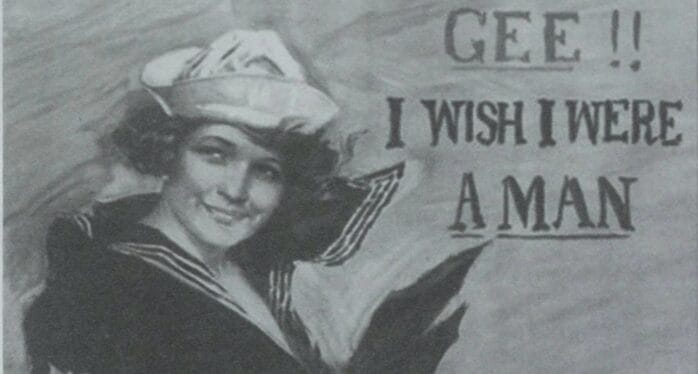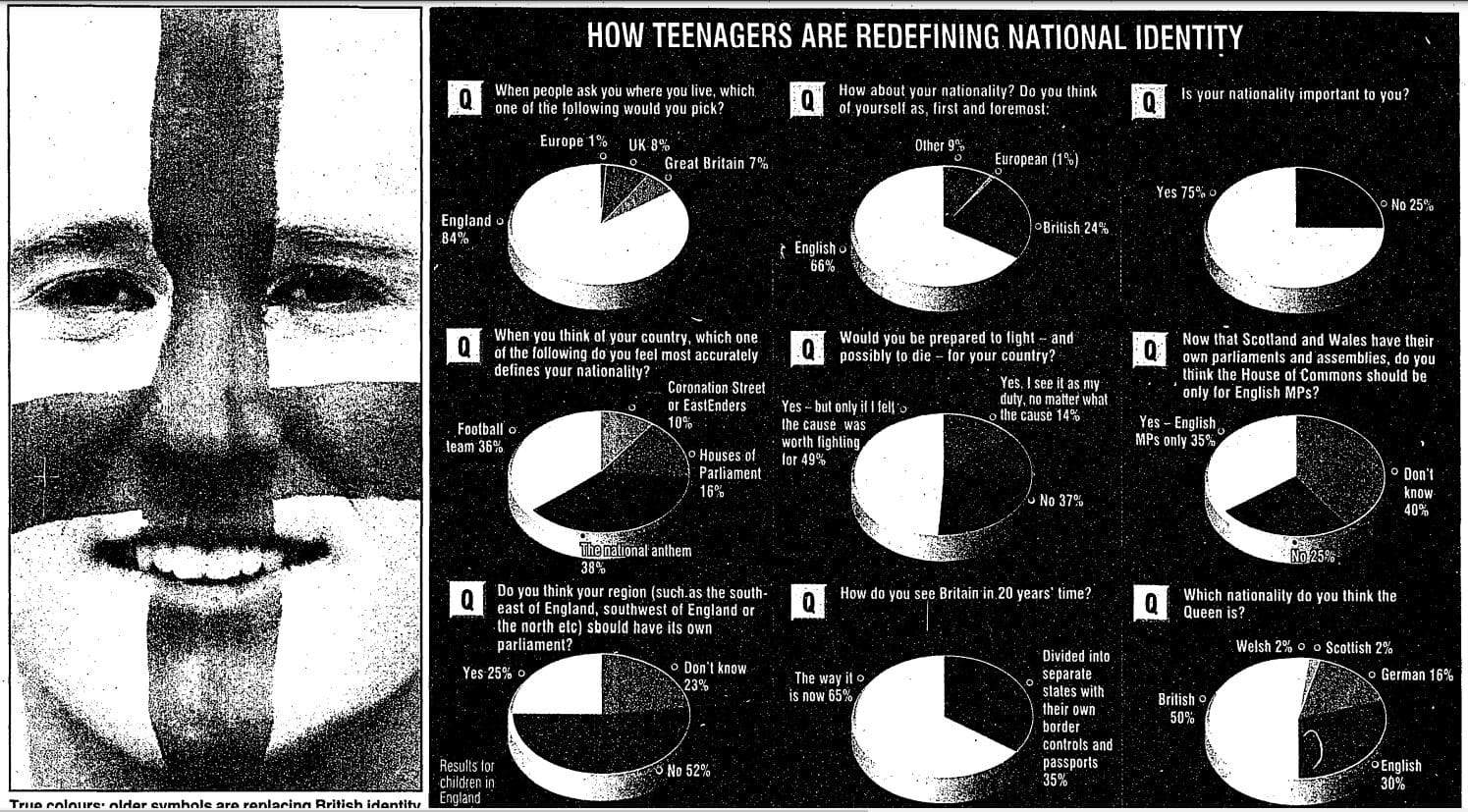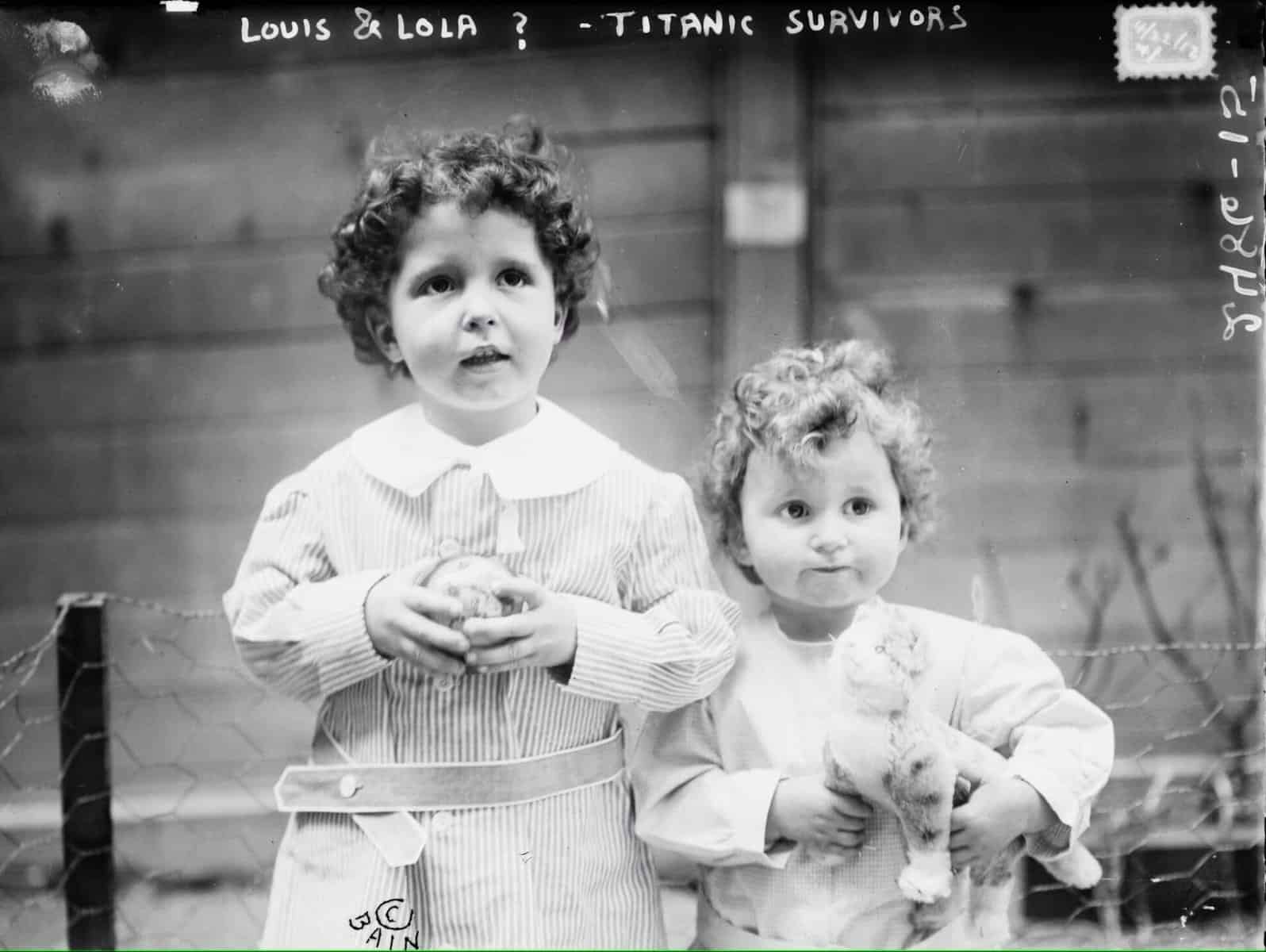│By Satakshi Rahi, Gale Ambassador at King’s College London│
Exploring the profound influence of British media on its politics unveils a narrative shaped over centuries of transformation. From the advent of print journalism to today’s digital dominance, British media has wielded significant power in shaping public opinion, driving policy agendas, and defining political discourse. Leveraging insights from Gale Primary Sources, this exploration delves into pivotal historical moments and contemporary challenges, providing a nuanced perspective on how British media continues to mould the political landscape.
The material from Gale‘s extensive archives highlights the crucial role of media literacy and informed engagement in navigating today’s complex media landscape, ensuring transparency and accountability in public discourse while acknowledging British media’s pivotal role in shaping the nation’s political narrative.

